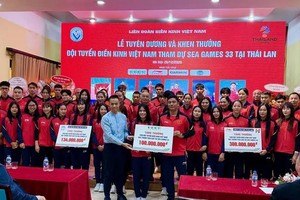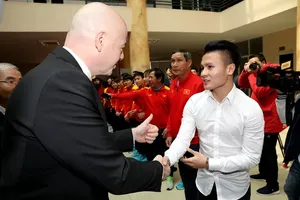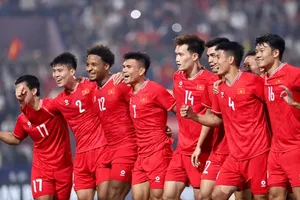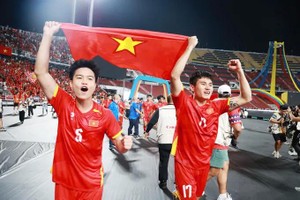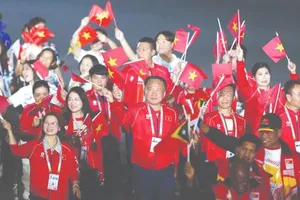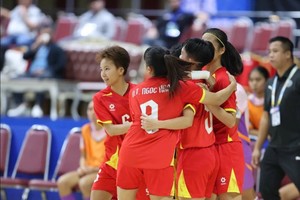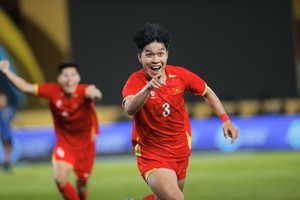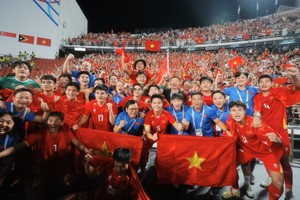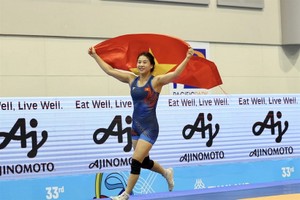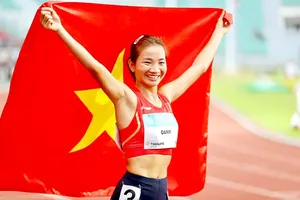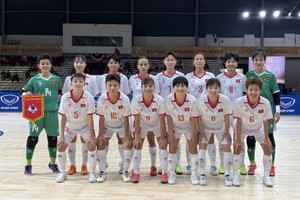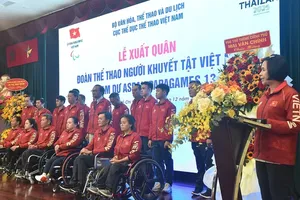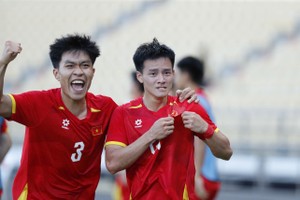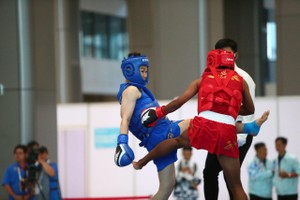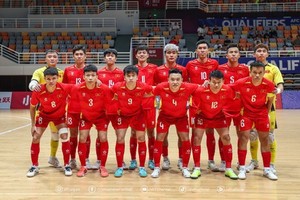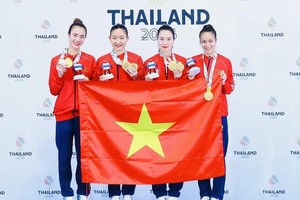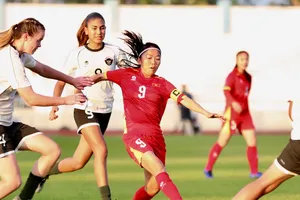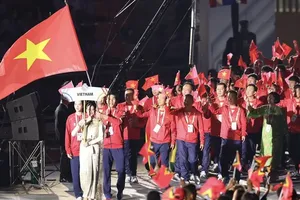Euro 2012 got off to a rousing start on Friday but co-hosts Poland ended the night frustrated after 2004 champions Greece fought back to earn a 1-1 draw in the tournament's opening match in Warsaw that ended with both teams reduced to 10 men.
It could have been worse for the Poles but for substitute goalkeeper Przemyslaw Tyton, who saved a penalty with his first touch 20 minutes from time in an incident-packed Group A game.
After the tournament, which is being staged with Ukraine, got underway with a colourful ceremony in the National Stadium in Warsaw, Poalnd and Greece served up an entertaining game.
The start of the action helped draw attention away from fears over racism at the event, the biggest of its kind in eastern Europe since the collapse of communism.
Poland's first-choice goalkeeper Wojciech Szczesny had been dismissed moments before Tyton's heroics, for a foul on Dimitris Salpingidis in the penalty area, but Greece captain Giorgos Karagounis sent a weak spot kick low to the left and the substitute keeper acrobatically parried the ball to safety.
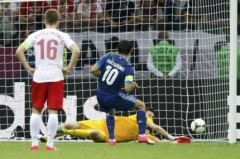
The vociferous home support among the 56,000 crowd did their best to spur their heroes to victory but Greece, also down to 10 men, held firm to earn a point in a group that includes Russia and Czech Republic, who play later on Friday in Wroclaw.
Poland had looked to be heading for victory when Robert Lewandowski nodded them deservedly in front in the 17th minute and Greece defender Sokratis Papastathopoulos was harshly dismissed just before halftime for a second yellow card.
But Salpingidis levelled for the Greeks six minutes after the break before Tyton became the first substitute keeper to save a penalty at a European Championship.
"The opening game in such a big tournament often ends with a draw but all is not lost," said Poland coach Franciszek Smuda.
"We will play at least two more matches at Euro 2012 and we must win both of them," he added.
Racism concerns
The co-hosts hope the tournament will show the world how far they have come since the Berlin Wall fell in 1989 and the Soviet Union collapsed two years later, while Ukraine wants the finals to help it integrate with the West.
However, both countries are embroiled in a row over xenophobia and Ukraine faces a boycott over its treatment of opposition leader Yulia Tymoshenko, who was jailed in a case which the West says is politically motivated.
A spokeswoman for the Dutch team said players had heard racist chants from the crowd this week during a training session in a stadium used by Polish club side Wisla Krakow.
"Some players did hear some monkey noises. That is why they moved to the other side of the pitch," the spokeswoman said, although coach Bert van Marwijk, Dutch officials and many journalists at the training session heard no racist abuse.
Netherlands captain Mark van Bommel told Dutch reporters on Thursday: "Open your ears. If you did hear it, and don't want to hear it, that is even worse."
Dutch football authorities did not lodge a formal complaint but UEFA, soccer's European governing body, released a statement saying it had a "zero-tolerance policy" on racism and referees had been told to stop matches if there was any racist behaviour.
Polish Prime Minister Donald Tusk dined on Thursday at the home of the country's first black parliamentarian, John Godson, to try to ease worries about racism.
Ukraine has also tried to dismiss such concerns, which were fuelled by a BBC documentary that showed racist violence in a Ukrainian soccer stadium.
No racism
"There is no racism in Ukraine," the government press office quoted Prime Minister Mykola Azarov as saying. "Ukraine is an extremely tolerant and democratic country."
Ukraine also faces an unofficial boycott over the treatment of Tymoshenko, a former prime minister sentenced to seven years in prison last October for abuse of office.
She is serving her sentence in the city of Kharkiv, where she said in April she was physically manhandled by prison guards and is now being treated for chronic back problems in the same city. Prison authorities deny she was assaulted.
Britain said on Thursday government ministers would not attend group matches in Ukraine because of human rights concerns, and Germany and France are among other countries to have announced similar moves over their teams' appearances.
European Commission President Jose Manuel Barroso said he had no plans to attend, but Foreign Ministry spokesman Oleh Voloshyn said Ukraine would not be influenced by the boycott.
The controversy has done little to dampen enthusiasm among Polish and Ukrainian fans and there was a festive atmosphere in both countries. Matches in Ukraine start on Saturday, when Denmark play Netherlands and Germany face Portugal in Group B.
Russia are the favourites in Group A while the Czechs were boosted by news that striker Milan Baros had passed a fitness test on a thigh strain. Captain Tomas Rosicky was also fit after a calf problem.
World and European champions Spain begin their title defence against Italy on Sunday after Germany, also one of the favourites, face a tough first match against Portugal on Saturday.
